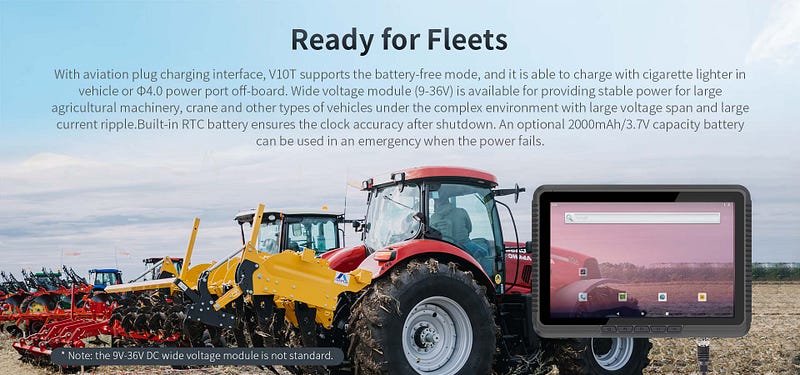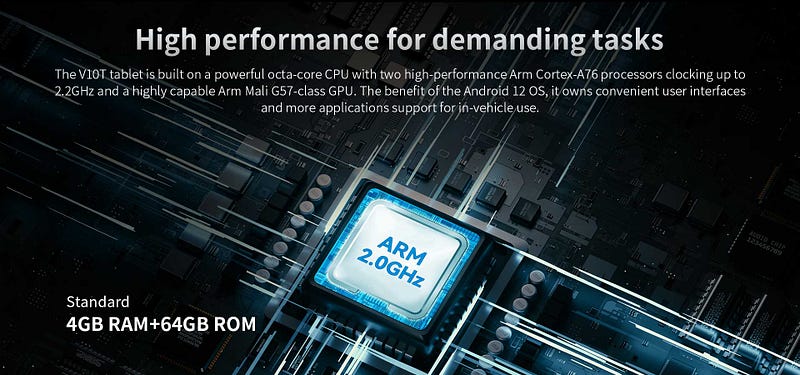A vehicle data terminal is a device installed in vehicles to collect and process data related to the vehicle and its journey. This data can include speed, travel routes, fuel consumption, and the status of onboard equipment. With continuous technological advancements, the application of vehicle data terminals is becoming increasingly widespread. Let’s explore the applications of vehicle data terminals in various industries.

Logistics Industry
In the logistics industry, vehicle data terminals can monitor the location, route, and status of transported goods in real-time, helping logistics companies manage and oversee the entire transportation process. For example, logistics companies can use vehicle data terminals to track the route and location of trucks in real-time and quickly dispatch vehicles based on real-time data, improving logistics efficiency and accuracy. Additionally, vehicle data terminals can monitor fuel consumption and vehicle conditions, aiding companies in energy saving, reducing consumption, and maintenance.
Courier Industry
In the courier industry, vehicle data terminals can help courier companies monitor the location of delivery vehicles and the status of goods in real-time, enhancing transportation efficiency and delivery rates. Through vehicle data terminals, courier companies can obtain real-time information about vehicle locations and the transportation status of goods, enabling real-time monitoring and management of deliveries. Furthermore, vehicle data terminals can record driving routes and fuel consumption information.

Automobile Manufacturing
In the automobile manufacturing industry, vehicle data terminals can assist manufacturers in testing and monitoring vehicles. Through vehicle data terminals, manufacturers can monitor the performance and driving status of vehicles in real-time, including fuel consumption, speed, travel distance, and vehicle health, ensuring the performance and safety of automobiles.
Asset Management
Vehicle Tablet PC can monitor the operating status of industrial equipment in real-time, aiding companies in asset management and maintenance. Through vehicle data terminals, companies can obtain real-time information on the operational status, fault information, and maintenance needs of equipment, allowing for efficient scheduling and maintenance. Additionally, vehicle data terminals can record working hours and workload of equipment, helping companies analyze and optimize equipment operational status.
Safety Management
In the industrial sector, vehicle data terminals can help companies achieve safety management for vehicles and equipment. Through vehicle data terminals, companies can monitor the driving trajectory, speed, and driving time of vehicles in real-time, managing and supervising vehicles to prevent violations and safety incidents. Moreover, vehicle data terminals can monitor the workload and fault conditions of equipment, helping companies promptly identify and address safety hazards in equipment.